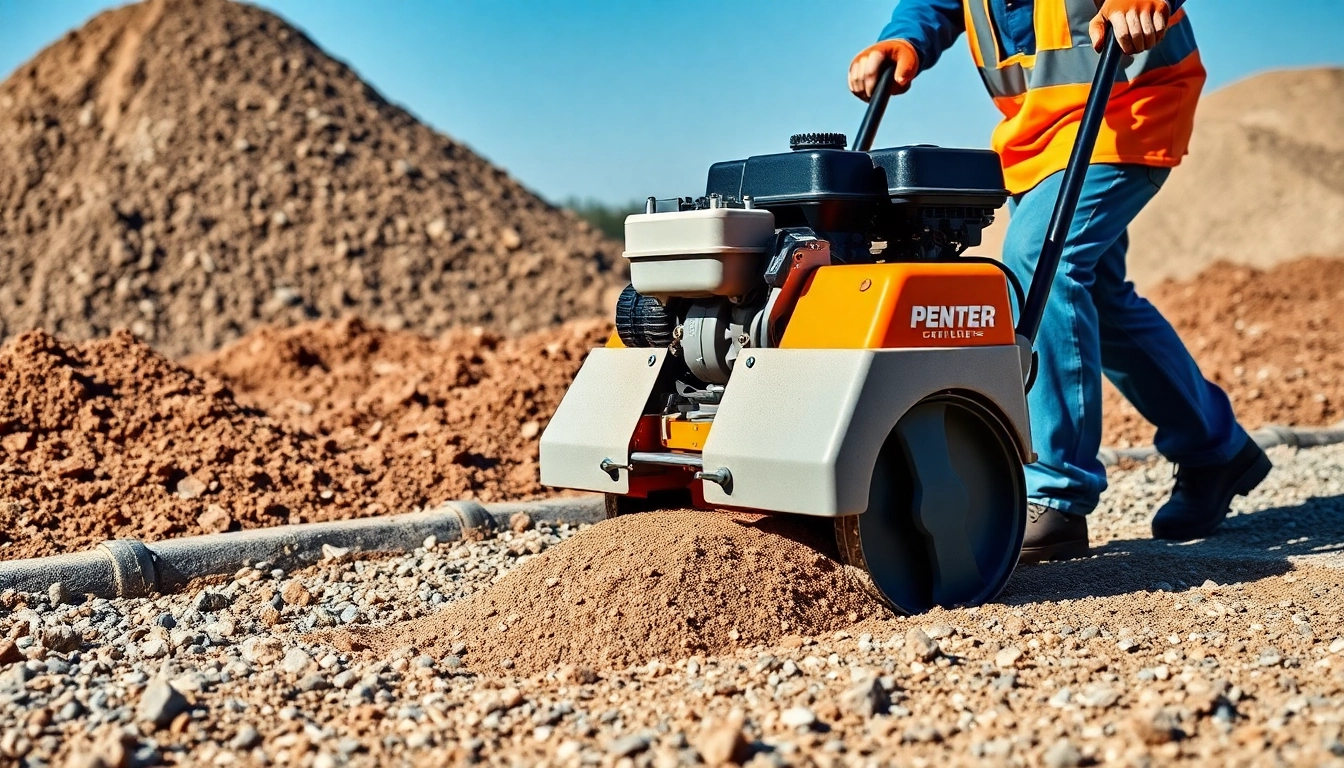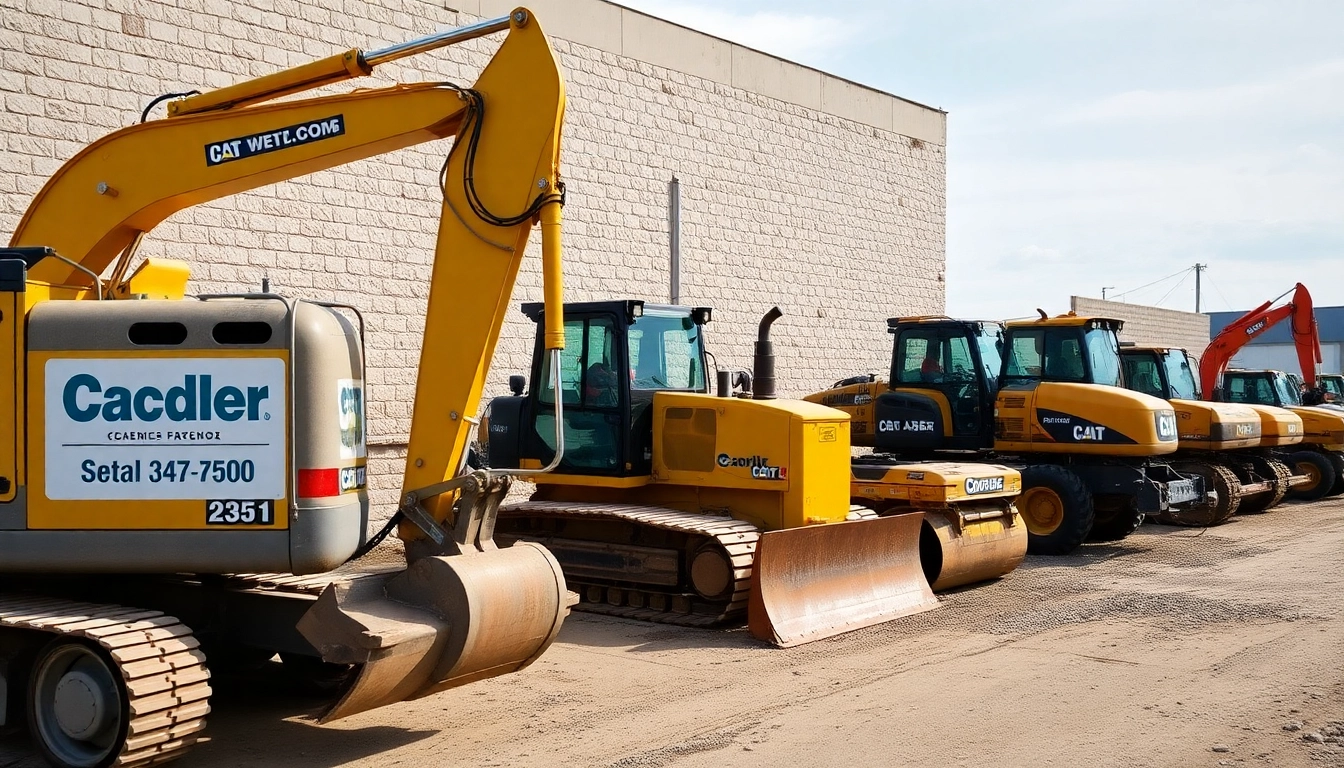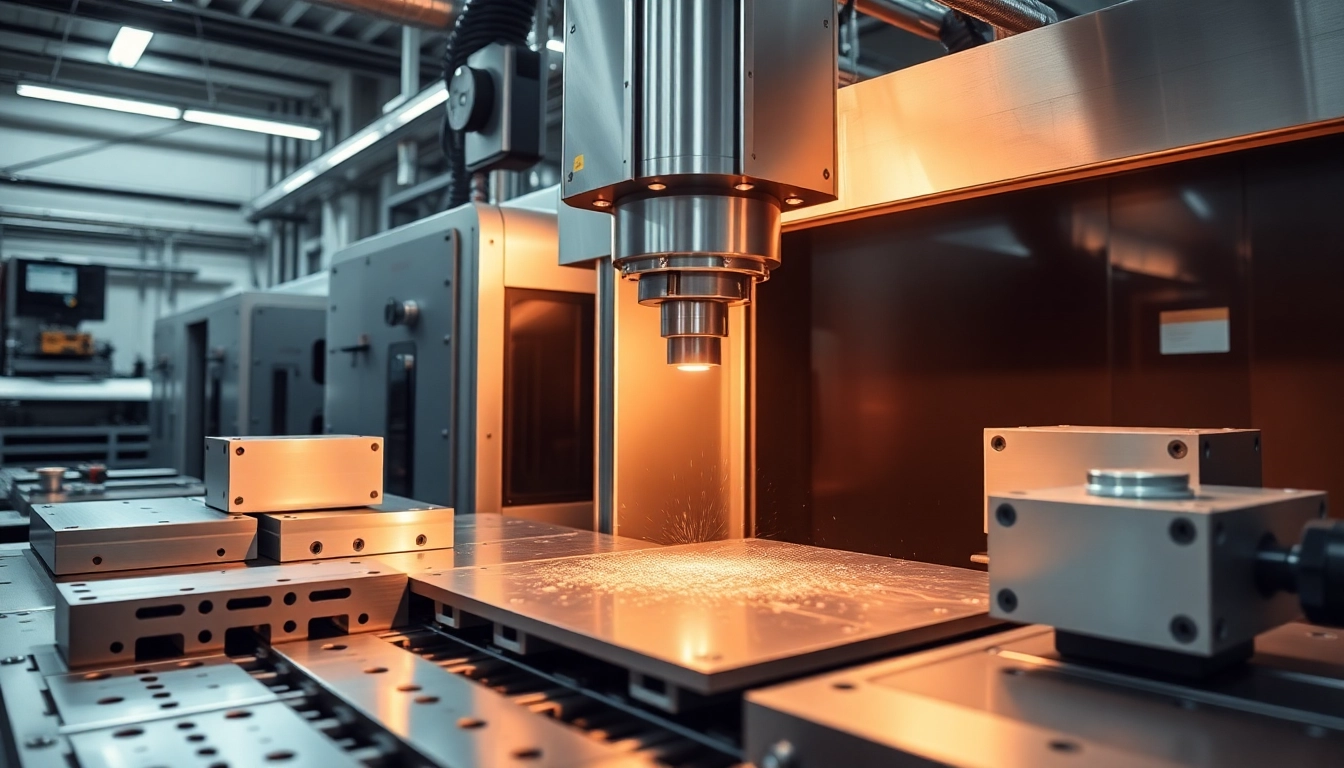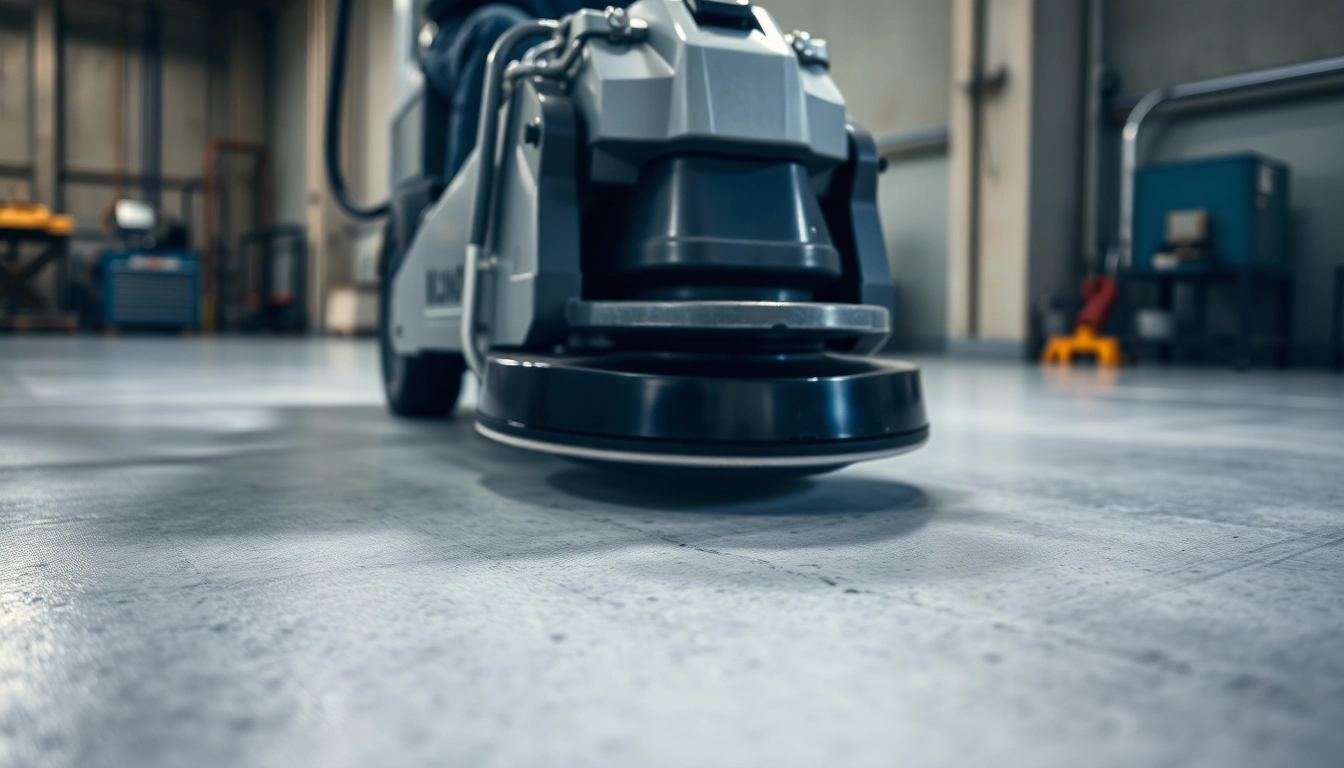Comprehensive Guide to Compactors Rental in the UK: Boost Your Construction & Landscaping Projects
In the realm of construction, landscaping, and groundworks, achieving a stable, well-compacted base is essential for the durability and success of any project. Whether you’re laying a foundation for a building, creating a patio, or preparing soil for agricultural purposes, the use of compactors plays a crucial role in ensuring proper ground stability. For many professionals and DIY enthusiasts alike, renting a compactor offers the flexibility and efficiency needed without the high investment of purchasing equipment outright. This comprehensive guide aims to provide in-depth insights into compactors rental, detailing the types, specifications, selection tips, rental process, and maintenance practices to maximize performance and longevity.
Understanding the Basics of Compactors Rental
Types of compactors available for rent
Compactors are specialized machines designed to compress soil, gravel, asphalt, and other materials to achieve a dense, stable surface. Choosing the right type depends on project scope, terrain, and material type. The common types include:
- Plate Compactors (Wacker Plates): These are lightweight, portable devices ideal for small to medium-sized projects such as driveways, patios, and hardscaping. They are characterized by a flat plate that vibrates rapidly to achieve compaction.
- Jumping Jack (Ram) Tampers: Designed for confined spaces, these are manually operated or gas-powered tools perfect for trench compaction and narrow trenches.
- Vibrating Rollers: Stationary or ride-on models with large drums, suitable for larger scale projects like road construction, large foundations, and industrial sites.
- Sheep’s Foot Rollers: Heavy rollers with protruding feet, used for cohesive soils such as clay, often employed in dam construction and earthworks requiring deep compaction.
How to select the right compactor for your project
Selecting the appropriate compactor is vital to ensure efficiency and prevent damage. Consider the following factors:
- Project Size and Scope: Small patios may only require a plate compactor, while large construction sites might necessitate vibratory rollers.
- Type of Material: Soil, gravel, or asphalt each demands different equipment for optimal compaction.
- Terrain Conditions: Loose or uneven ground benefits from heavier rollers, whereas compacting confined spaces favors jumping jacks.
- Frequency and Duration of Use: Short-term projects prefer rental, while ongoing work may warrant purchasing.
Benefits of renting vs. buying compactors
Deciding between renting and buying hinges on cost, frequency of use, and project specificity. Renting offers several advantages:
- Cost-effective: Significant savings on purchase expenses and maintenance costs.
- Access to Latest Models: Rental companies keep their fleet up-to-date with modern, efficient equipment.
- Flexibility: Ability to choose different types of compactors for various projects without long-term commitments.
- Maintenance & Support: Rentals include servicing, ensuring equipment remains in optimal condition.
Conversely, owning may be justified for frequent, large-scale projects, but for most, rental remains the most practical route.
Key Features and Specifications of Rental Compactors
Engine power and size considerations
Engine specifications directly influence compaction efficiency and suitability for specific tasks. Higher horsepower engines are capable of handling tougher materials and larger areas. For example, a 6.5 HP petrol plate compactor is suitable for small to medium tasks, while 13 HP models excel in larger, more demanding projects. Before renting, evaluate:
- Power-to-area ratio
- Type of terrain and material density
- Operational ease and safety features
Surface compatibility and terrain suitability
Each compactor is designed for specific ground conditions. For example:
- Plate compactors: Best suited for granular soils, asphalt, and small-scale concrete bases.
- Vibrating rollers: Ideal for cohesive soils, large areas, and substrates requiring deep compaction.
- Jumping jacks: Perfect for narrow trenches and confined spaces.
Warranty, safety features, and maintenance
High-quality rental compactors include warranties covering manufacturing defects and safety features like automatic shutoff, vibration damping, and ergonomic handles. Regular maintenance—such as checking oil levels, replacing worn parts, and cleaning filters—ensures consistent performance and mitigates operational risks. Always review the maintenance schedule and safety instructions provided by the rental company.
Step-by-Step Guide to Renting Compactors
Assessing your project needs and scope
Begin by defining your project parameters. Measure the area to be compacted, identify the type of soil or material involved, and estimate the time frame. Creating a detailed scope helps in selecting the appropriate equipment and rental duration, saving costs and avoiding delays.
Finding reliable compactor rental providers in the UK
Research local and national rental firms with a reputation for quality service and well-maintained equipment. Consider providers like Rentmas which offer comprehensive rental options, flexible terms, and expert advice. Customer reviews and ratings can also guide your choice.
Booking and delivery process overview
Once selected, most providers facilitate easy online booking—often with options for next-day delivery. Ensure the rental agreement clearly specifies the equipment model, rental duration, delivery and pickup schedules, and safety instructions. Confirm the availability of technical support should operational issues arise during the rental period.
Optimizing Performance and Ensuring Longevity
Proper handling and operation tips
Operator training is key to efficient use and safety. Basic tips include:
- Inspect the equipment before use for any damage or wear
- Use appropriate protective gear such as gloves and ear protection
- Operate on stable, level ground to prevent tipping
- Apply consistent pressure and avoid overloading the machine
Regular maintenance and safety precautions
Adhere to manufacturer-recommended maintenance routines, including checking oil levels, cleaning air filters, and securing loose parts. Never operate the compactor if safety features are disabled or damaged—report immediately to the rental provider. Using the equipment within its specified parameters minimizes risks and extends its life.
Post-rental care to extend equipment life
Upon return, clean the compactors, drain residual fluids if specified, and ensure all parts are in good condition. Reporting any damages or issues also helps maintain high standards for future rentals and prevents additional charges.
Cost, Availability, and Rental Policies
Understanding rental rates and additional charges
Rental costs vary based on equipment type, duration, and supplier. Typical weekly rates range from £30 to £150, with some providers offering discounts for long-term rentals. Additional charges may include delivery, collection, fuel, or damage waivers. Always review the full rental agreement for hidden fees.
Availability during peak seasons and advance booking
Peak construction seasons, usually spring and summer, see increased demand. To secure the necessary equipment, book well in advance—often 1-2 weeks prior—especially for large or specialized machinery. Early booking also allows better price negotiations and equipment selection.
Return policies and rental agreements best practices
Clear understanding of return terms—including deadlines, inspection procedures, and damage assessments—avoids disputes. Document the equipment’s condition at pick-up and return. Comply with all safety and operational guidelines to prevent penalties or additional charges.



